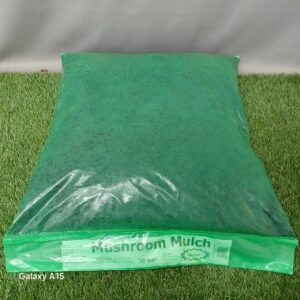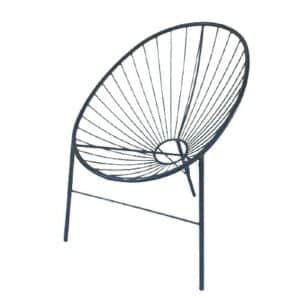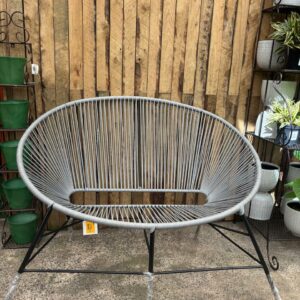How to care for your kittens
DIY and how-to

The decision to adopt a kitten is often taken lightly due to their cute, playful and independent nature. However, there are a few things that you should consider before deciding to jump into this long-term commitment.
Kittens are usually adopted between 6 and 12 weeks of age, although it is best to keep a kitten with their mother until it is at least ten weeks old. Get advice from a vet before you choose your cat about any potential health problems to look out for when adopting a kitten.
Create a secure environment
When you first bring your cat home, they may not be used to being around humans and away from their mother, so make sure you create a warm and secure environment for them. A cat bed in a quiet area of the house is ideal. If you need to leave your new kitten home alone, ensure they are closed in a room with a bed, litter box, water, food and some toys to keep them busy.
Kittens are naturally adventurous and inquisitive, so ensure any cords and electric wires are secured and out of reach. It’s also important to keep kitchen and bathroom cupboards and toilets closed to avoid injury. Also, make sure that the washing machine and tumbler dryer are closed. You never know where your kitty might want to take a cat nap!
‘Potty training’
Kittens will instinctively bury their waste, but they may need a bit of encouragement. Try to place them in their litter tray when they wake up, perhaps once an hour, until they get the idea.
Silicone cat litter is made of silica crystals, which have a high absorbency rate and keep odours inside. For the more environmentally conscious cat owner, eco-friendly cat litter contains pellets made of wood.
If your new cat is on the shy side, try Marltons Hooded Cat Loo. This product comes with a cover and a door flap so your cat has privacy and it means less mess and odour, so you benefit too! Always remember to praise your kitten after they use the box!
Diet
Cats need a high-protein diet, so ask your vet about a good food brand to meet your cat’s needs. Kittens will eat smaller amounts than older cats but tend to eat more frequently. They also have smaller teeth and may have trouble eating dried food, so add some lukewarm water to their food to moisten it and make it easier to chew. Contrary to popular belief, cats can’t easily digest cow’s milk so make sure they have a frequent water supply instead.
Toys
Kittens are full of energy, and they need toys to keep them entertained. Popular cat toys include Kong Kitten Mice, Kong Crinkle Ball with Feathers, and Kong Cat Snake Teaser. JW has a great range of cat toys such as the JW Cataction Feather Ball. Keep a nice selection of Kong or JW cat toys and rotate them to keep the cat’s interest. Make sure your cat isn’t always playing alone and put some time aside during the day to interact and bond with your cat.
Scratch posts
Cats will instinctively scratch, as this is their way of stretching and de-stressing themselves. If you don’t want your furniture to have claw marks, you must invest in a good scratching post for your pet. Ensure it is solid and tall enough for your cat to get a good stretch.
Grooming
Cats must be groomed, especially if you’re adopting a long-haired cat. Brushing their coat keeps it shiny and helps to avoid shedding and hairballs. Make sure to clip their nails, too, as this will help them avoid getting hurt if their long claws get caught in something.
Play
Play with your cat often, be devoted and patient with them, and always remember that the most important things you can give your cat are your love and your time.
You might also like
Shop online
-
HAMSTER WHEEL
- R79.99
- Add to cart Learn More
-
LOUNGER POD 92X68.5X87CM
- R1,764.99
- Add to cart Learn More
-
2 SEATER POD LOUNGER STRING
- R3,779.99
- Select options This product has multiple variants. The options may be chosen on the product page Learn More




